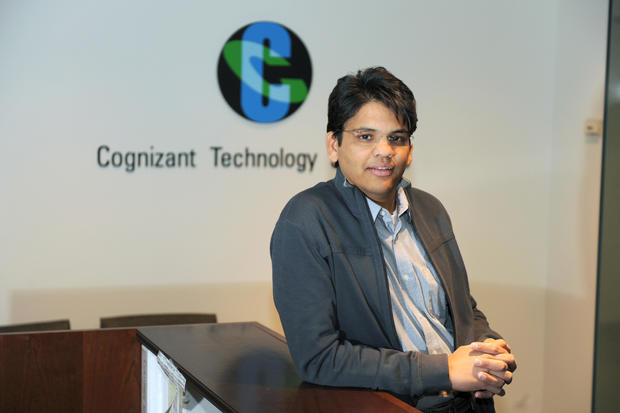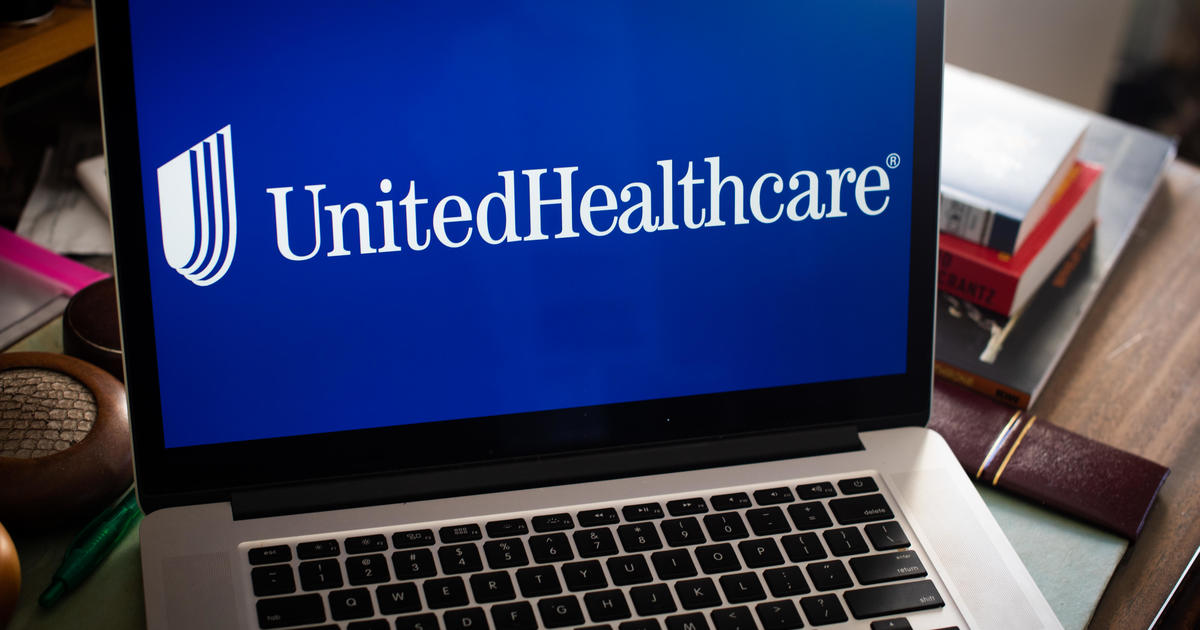Who is Cognizant, the tech services company behind Facebook's latest scandal?
As an outsourcer of technology services for a range of big American companies, Cognizant has largely remained below the radar since launching more than two decades ago. But it is suddenly being thrust into the spotlight for its work for moderating some of Facebook's most graphic and controversial content.
Cognizant and Accenture are two of the many tech services providers Facebook employs to do routine work. Three years ago, that included curating the social media giant's "trending topics" feed, which has since been scrapped. Today, it involves policing Facebook content to ensure it doesn't violate the company's terms service. Cognizant staffers are paid $15 per hour, according to The Verge -- or what some fast-food restaurants around the U.S. are offering.
Though it's not well-known among consumers, Cognizant has been a player in the tech outsourcing and consulting space for 25 years. Their clients are everywhere, using Cognizant for everything from call centers to IT strategy.
"They're a one-stop shop of IT consulting," said David Holt, an analyst with CFRA.
New Jersey HQ, but most workers in India
Cognizant is big -- it has a market value of $41 billion, and as of last year had roughly 280,000 employees. Most of those are in India, where it has about 195,000 workers. The company's headquarters are in Teaneck, New Jersey, a few minutes' drive from New York. It has 32 other locations across the country, where it employs about 50,000 people, along with offices in Europe.
Although it's global, Cognizant makes most of its money in the U.S. It generated $16 billion in revenue last year, three-quarters of which was in the U.S.
The company started in 1994 as the tech department of Dun & Bradstreet, and went public four years later.
Moderating content is a small part of its business
Facebook has gotten heat for subcontracting out the emotionally challenging work of moderating the content that runs on its site, but others have hired Cognizant for similar things. Cognizant workers in Ireland have done work for Google, according to the Sunday Times, performing tasks like verifying Google Maps listings for the equivalent of $13.50 per hour.
The company declined to break out the number of employees it has in content moderation, but that line of work is a small part of its business overall. Most of its work is providing IT services to large companies, including developing software, maintaining and testing applications, and creating digital infrastructure. Its clients range from 3M and Prudential Insurance to the state of Ohio.
In its earlier days, the company specialized in helping large companies outsource their data operations, but it has recently shifted more of its work to consulting as clients' tech budgets have flattened.
Cognizant's top revenue line is financial services, which accounts for just over a third of its business. (The company works with 16 out of the top 20 North American financial institutions, according to a client presentation.) It also develops and supports software for the health care industry, which makes up 28 percent of its revenue, according to securities filings.
Moderation risks
Cognizant recognized the challenges of moderating online content as far back as 2012, publishing a white paper called "How to De-Risk the Creation and Moderation of User-Generated Content."
"The huge growth and pervasiveness of [user-generated content] within companies' core online user experience poses potentially complex challenges and heightens unnecessary exposure to risk," the paper said. It also proposed several methods of moderating content, including automated screening and human moderation, which, although effective, "can be highly inefficient," it wrote.
Using people to moderate a thousand six-minute videos would cost $277, the paper estimated.
In response to the Verge's story, Cognizant sent CBS News a statement that said, in part: "Our goal is to ensure that we provide a variety of support options including on-site counselors, a robust wellness program and resources and wellness classes covering a range of disciplines to support the needs of every employee involved in content moderation."
"We have investigated the specific workplace issues raised in a recent report, previously taken action where necessary and have steps in place to continue to address these concerns and any others raised by our employees," the statement said.
Top visa sponsor
Cognizant is one of the largest employers of skilled foreign workers in the U.S, according to Citizenship and Immigration Services. In 2016, it received approval for 21,000 H1-B visas—nearly double the number given to the next-highest petitioner, Infosys. The average salary for those jobs was $84,300.
The U.S. government's recent crackdown on visa applications has hurt Cognizant's business, it said in its latest annual report.
Three white workers sued Cognizant last year, accusing the company of discriminating in favor of South Asian workers. That lawsuit it pending.
It recently settled bribery charges
In mid-February, the Securities and Exchange Commission charged two Cognizant executives with bribing officials in India. Without admitting wrongdoing, Cognizant paid $25 million to settle those charges. The company itself was not charged.
Cognizant's then-president, Gordon Cobur, and its chief legal officer, Steven Schwartz, were accused of paying and concealing nearly $4 million in bribes in connection with building the company campus in Chennai, India.
The nearly three-year-long investigation hurt Cognizant's stock, but analysts say it's unlikely to affect business going forward.
"Morally or ethically, it's not really a good look, but for the financial impact--they have around $4 billion in cash, so $25 million is more or less a drop in the pond," said CFRA's Holt. He added, "It's pretty common across a multitude of companies to have those kinds of fines."




